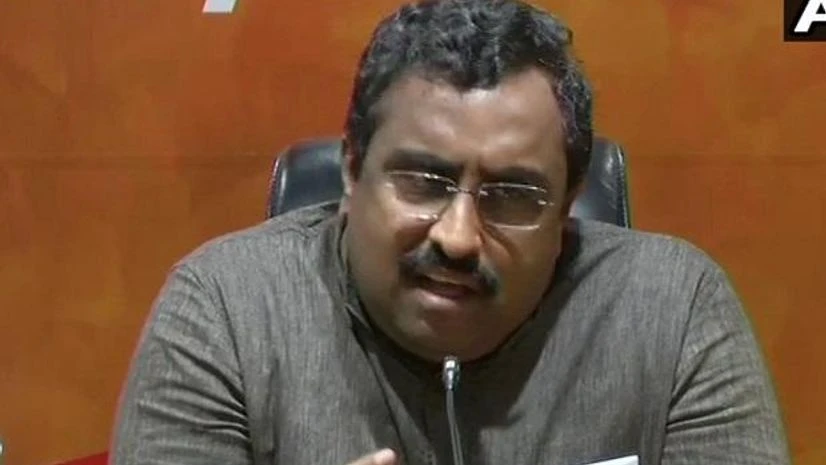BJP General Secretary Ram Madhav on Saturday ruled out any possibility of the BJP stitching an alliance with disgruntled PDP legislators to form the government in Jammu and Kashmir.
"We are for continuing with Governor's Rule in the interest of peace, governance and development in the state," Madhav tweeted.
Not true. I will certainly check with d state unit n ensure that BJP keeps itself scrupulously out of whatever is happening in other parties in d Valley. We are for continuing with Governor’s rule in d interest of peace, governance n development in d state https://t.co/YnV3uyOn0n
— Ram Madhav (@rammadhavbjp) July 7, 2018
At least five rebel PDP lawmakers in the state have openly spoken against former Chief Minister and party President Mehbooba Mufti.
With speculation of a new political alignment flying thick and fast, former Chief Minister and National Conference leader Omar Abdullah in a tweet asked Madhav about reports that the BJP's state had confessed to being party to the efforts to break the BJP.
"Power at any cost would seem to be the guiding philosophy," Abdullah took a jibe at Madhav and the BJP.
In response, Madhav wrote it was "not true".
"I will certainly check with the state unit and ensure that the BJP keeps itself scrupulously out of whatever is happening in other parties in the valley."
Mathematical arrangements in the 87-member Jammu and Kashmir Assembly are stacked in no party's favour.
In the house, which has been kept under suspended animation, the PDP has 28 MLAs. The BJP has 25 and enjoys support of two legislators from Sajad Lone-led Peoples Conference and one legislator from Ladakh.
For any party to stake claim to form a government, it would require support of 44 lawmakers.
The state's anti-defection law is tougher as compared to others. The number of legislators who defect from a party without being disqualified should be two-third of the party's total strength in the House.
In such a situation, the number of those walking out of the PDP need to be at least 18 to avoid disqualification.
Also, the anti-defection law also empowers House leader of a legislative party a final say about disqualifying the defectors. The speaker cannot challenge the decision.
But it is the speaker who notifies and issues a bulletin disqualifying the members.

)
